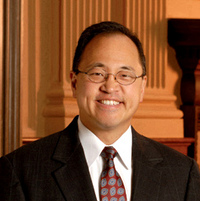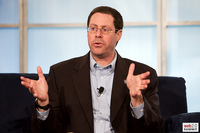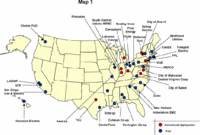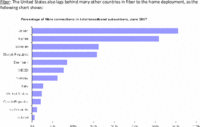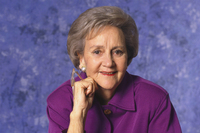 David P. Reed asks a question and Christopher S. Yoo responds
on Farber’s Interesting People list.
I’m posting both in full here,
with my thoughts at the end;
basically, law isn’t a science, and anecdotes can turn into
legal cases; some have already regarding net neutrality.
David P. Reed asks a question and Christopher S. Yoo responds
on Farber’s Interesting People list.
I’m posting both in full here,
with my thoughts at the end;
basically, law isn’t a science, and anecdotes can turn into
legal cases; some have already regarding net neutrality.
From: David P. Reed [dpreed@reed.com]That’s Reed’s question. Yoo’s response, and my thoughts, after the jump. Continue reading
Sent: Saturday, May 10, 2008 11:50 AM
To: David Farber
Cc: ip
Subject: Re: [IP] re-distribution of op-ed on Net Neutrality — a reaction and a reply from one of the authorsI read through the long comment by Chris Yoo below, and as a non-lawyer interested in policy, I ask the following simple question:
Is there a well-regarded (one might ask for scientifically reasoned) argument that antitrust law as currently interpreted and practiced has a substantial impact measured in some currency like $ on social welfare?
Otherwise this entire argument is about nothing more than vaporware proceeding from a faith that competition (however loosely defined) creates social welfare best. AFAIK, this is largely an article of faith, just as the “End of History” was a grand article of faith posited by many of the same people as “truth”.
It is just not fair to imply that the core of “today’s settled antitrust law” carries even the level of weight as Darwin’s Theory of Evolution. There have been no replicable studies of its practice.
Law professors and lawyers who don’t challenge its truthiness squarely are merely behaving as dogmatic mandarins always do – asserting authority of professional status, rather than rigor of reasoning, experiment, or argument.
I say this not as FOX News or Hillary Clinton would call an elitist, but as a person who genuinely is unconvinced by magical faith in authorities.
